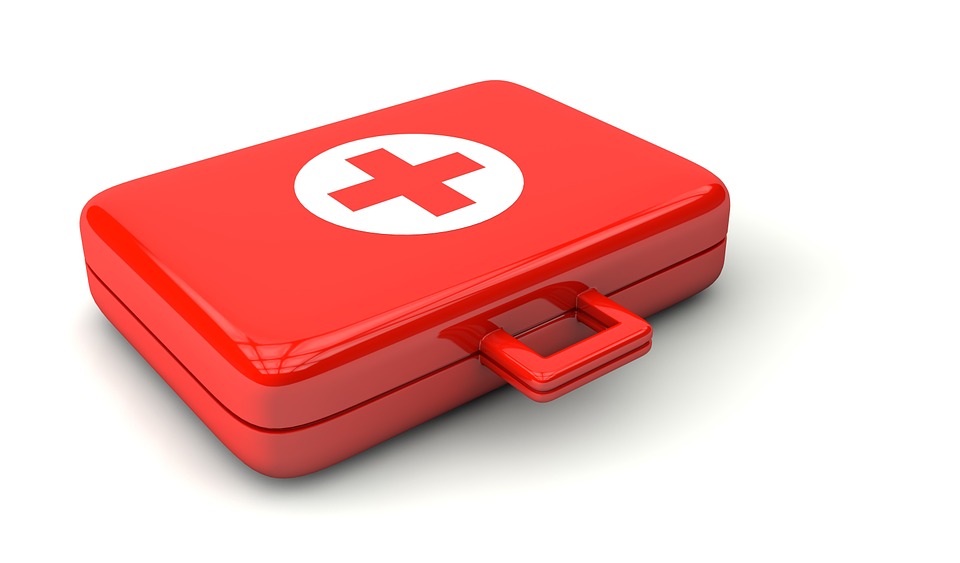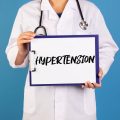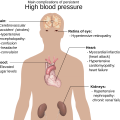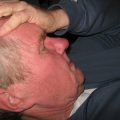Table of Contents
What to do when hypertension happen? Most of the time, hypertension is asymptomatic but some symptoms may be any one of these or a combination of lightheadedness, vertigo and dizziness, severe chest pain, shortness of breath, tinnitus, seizures, severe anxiety, loss of consciousness, severe headache, nausea and vomiting, fainting episodes, memory loss, personality changes, trouble concentrating, irritability or progressive loss of consciousness and other symptoms related to a secondary condition.
Symptoms
What to do when hypertension happen? Symptoms of high blood pressure include dizziness, headaches, nosebleeds, sweating, blurry vision, flushed cheeks, shortness of breath, and a ringing in the ears. However, it is probable to be diagnosed with hypertension and show no symptoms at all. These symptoms can be nonspecific and don’t always indicate hypertension as a cause. In this article, you will learn what to do when hypertension happen?
What To Do When Hypertension Happen: First Aid Treatment
First aid training courses must express the importance of the value of measuring blood pressure in individuals who claim to be having these symptoms. A handheld electronic blood pressure monitor can be used to determine this. Before taking a person’s blood pressure the patient must rest for at least 20 minutes. The patient has to be seated or lying down. Use a correct sized blood pressure cuff and slip it onto the upper arm at the level of heart.
You need to also be certain that the blood pressure reading is accurate most especially if the patient shows no symptoms like headache or chest pains. You must have the patient relax. Calm the patient by instructing them to focus on their breathing and have them breathe slowly and deeply. There are times when slow breathing can lower the blood pressure.
Maintenance Drugs
Another thing is that you should the patient have maintenance drugs prescribed to them for high blood pressure, have them take it. Make sure to give the patient high blood pressure medicines if the following circumstances are present: If the blood pressure is above 140/90 and the patient shows symptoms like nausea etc. and if the blood pressure is 160/100 or above.
First Aid Medication
The common first aid medication physicians give to reduce the blood pressure include one tablet of Clonidine 75 mcg to be taken orally or one tablet of Captopril 25 mg, also to be taken orally. These tablets can also be placed, to be dissolved, under the tongue for quicker action. For most cases, taking them orally will suffice. Consult with physician first. Remember that not all cases of high blood pressure have to be given medications. There are times when external causes of high blood pressure like anger, tension or pain is to blame. Make sure to identify if this is the case. Finally, see your doctor for a check-up.
Resistant Hypertension
Should a person’s high blood pressure be stubborn and remain high even though they are already taking different sorts of medicine usually a combination of 3 high blood pressure medications, then the person may have resistant hypertension. Those with high blood pressure that are somewhat manageable but are taking varied kinds of high blood medication all at once (usually a minimum of four) just to manage the symptoms are also classified to have resistant hypertension. In these cases the probability of that their high blood pressure stems from a secondary medical condition is highly likely and must be considered.
Proper Dosage
Resistant hypertension doesn’t mean that a person’s blood pressure won’t get lower. If your physician and you can determine the cause of your elevated blood pressure then there is a better chance for you to hit your target goal of lowering your blood pressure and get more effective treatment. Your hypertension specialist or physician can make better evaluations on whether the drugs, and its doses, you are taking for hypertension is sufficient and appropriate for you. It will take some level of experimentation to figure out the best drugs and the proper dosages before you and your physician realize a good combination that works for you.
Electrical Stimulation
There are presently some therapies like electrical stimulation of carotid sinus baroreceptors and catheter – based radiofrequency ablation of renal sympathetic nerves that are recently making waves when it comes to treating hypertension. Aside from these new therapies, aldosterone antagonist like spironolactone (Aldactone) does frequently help to control resistant hypertension.
There are some medications, supplements or foods which can worsen high blood pressure or which may aid in preventing high blood pressure medications to work effectively. Should you be suffering from hypertension, it would be wise to be honest and upfront with your physician about other medications you may be taking and/or to discuss the lifestyle you lead.
Conclusion
If high blood pressure medication is not properly taken as directed by the physician, effectively is lost, and your blood pressure problems could worsen, and you would pay a bigger price for neglecting to heed advice of your specialist. Never change your treatment without consulting with your doctor. One’s prescription, if you have gotten advice from others suffering from HBP, is not the same for all. Should you skip doses because you forgot, it’s too expensive or it has side affects you feel, do not hesitate to discuss these with your physician in order to find better solutions. Some side effects of blood pressure medication can include diarrhea, headaches, unintentional weight loss, skin rash, dizziness, cough, and these tend to be minor.






 I love to write medical education books. My books are written for everyone in an easy to read and understandable style.
I love to write medical education books. My books are written for everyone in an easy to read and understandable style.